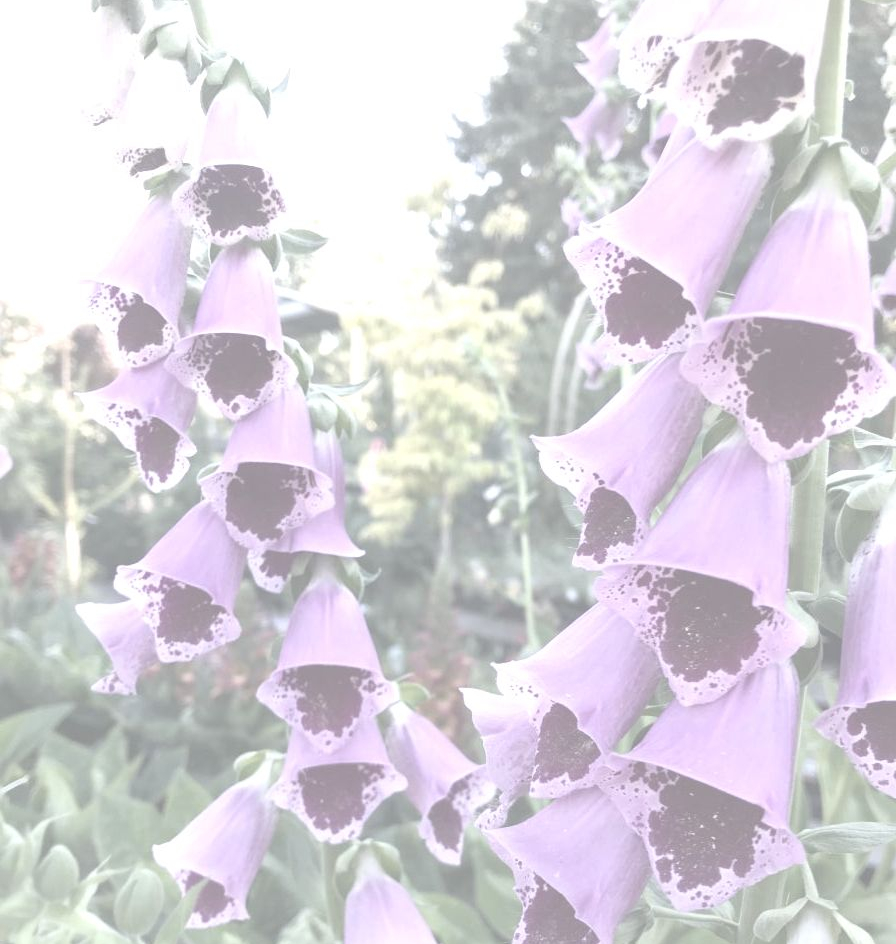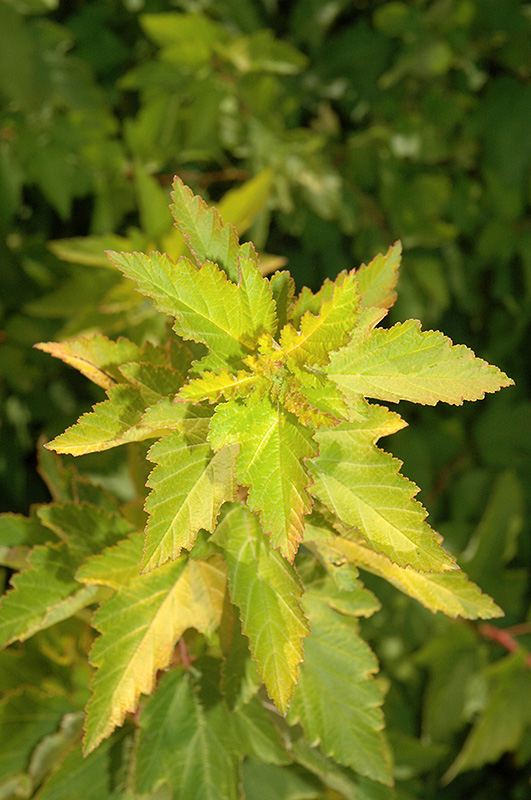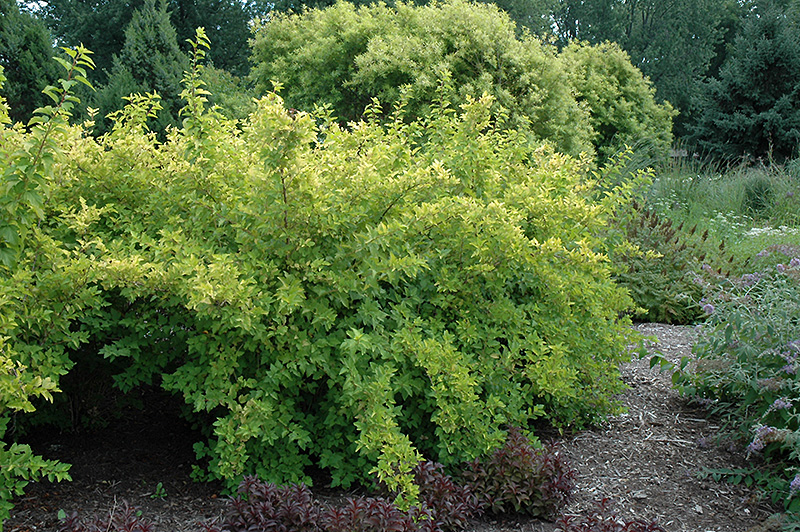Lemon Candy Ninebark
Physocarpus opulifolius 'Podaras 3'
Height: 30 inches
Spread: 3 feet
Sunlight:
![]()
![]()
Hardiness Zone: 2a
Other Names: Eastern Ninebark
Description:
A compact upright shrub with lemon yellow emerging leaves that mature to chartreuse; features small white flowers in spring, and interesting peeling papery bark; extremely tough and durable; a great color accent for general garden use
Ornamental Features
Lemon Candy Ninebark features showy clusters of white flowers at the ends of the branches from mid to late spring. It has buttery yellow-variegated chartreuse foliage which emerges lemon yellow in spring. The small serrated lobed leaves do not develop any appreciable fall color. It produces red capsules from early to mid fall.
Landscape Attributes
Lemon Candy Ninebark is a dense multi-stemmed deciduous shrub with an upright spreading habit of growth. Its relatively fine texture sets it apart from other landscape plants with less refined foliage.
This shrub will require occasional maintenance and upkeep, and can be pruned at anytime. It has no significant negative characteristics.
Lemon Candy Ninebark is recommended for the following landscape applications;
- Accent
- Mass Planting
- Hedges/Screening
- General Garden Use
Planting & Growing
Lemon Candy Ninebark will grow to be about 30 inches tall at maturity, with a spread of 3 feet. It has a low canopy. It grows at a medium rate, and under ideal conditions can be expected to live for approximately 30 years.
This shrub does best in full sun to partial shade. It is very adaptable to both dry and moist locations, and should do just fine under typical garden conditions. It is not particular as to soil type or pH. It is highly tolerant of urban pollution and will even thrive in inner city environments. This is a selection of a native North American species.


